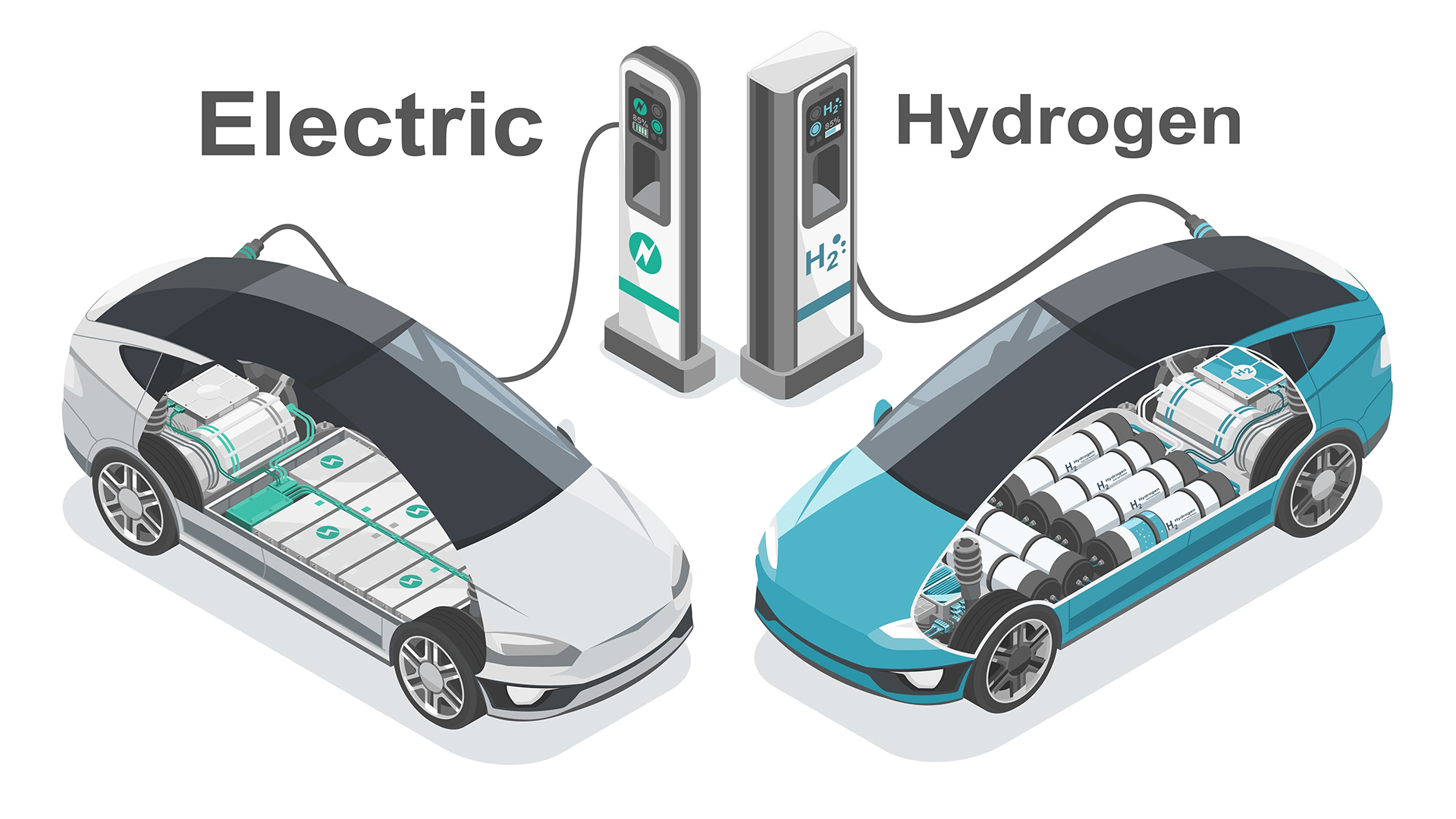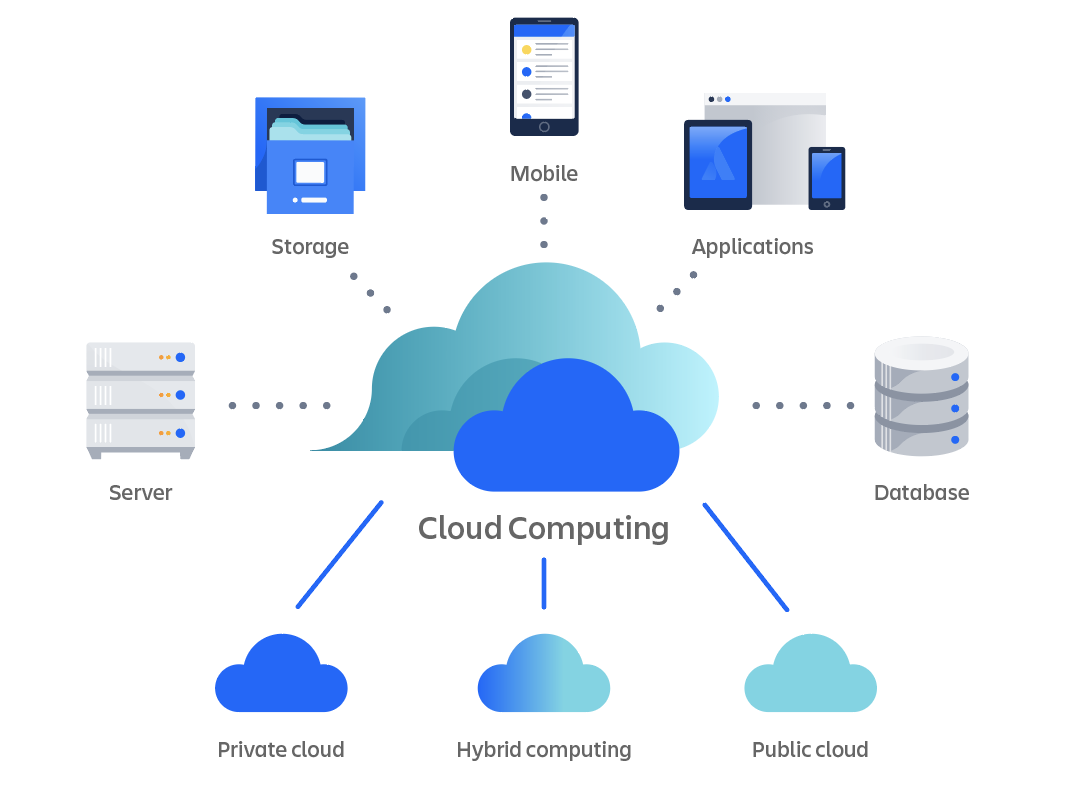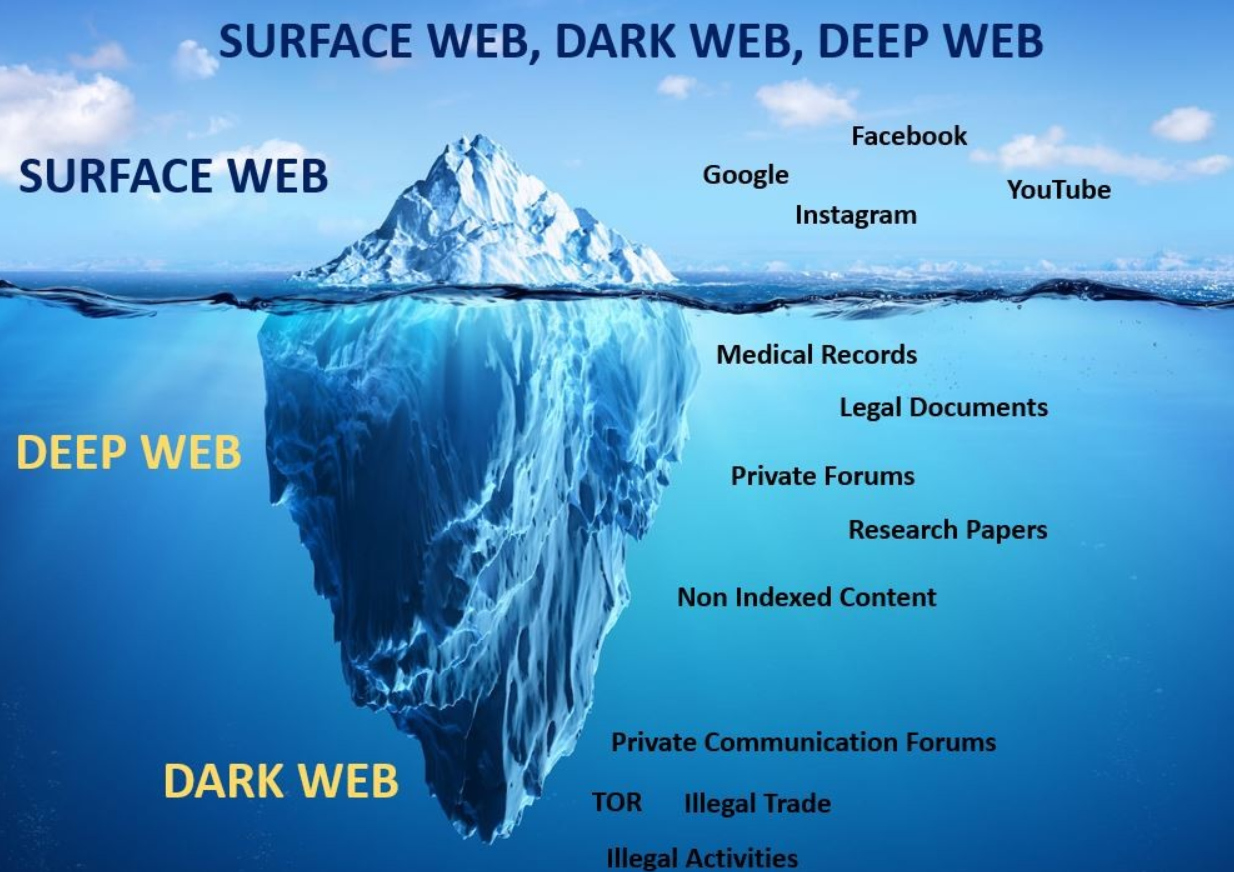
Electric Vehicles vs. Hydrogen Cars: The Future of Transportation
Imagine a world where cars don’t pollute the air. A world where fuel is clean, efficient, and sustainable. That world is closer than ever, and two technologies are leading the way: Electric Vehicles (EVs) and Hydrogen Fuel Cell Vehicles (HFCVs). But which one is the better choice for the future?
The Rise of Electric Vehicles (EVs)
You’ve probably seen electric cars on the road or even thought about buying one. Companies like Tesla, Tata, and Hyundai are making EVs more accessible every year. EVs run on batteries, just like your smartphone or laptop, but much bigger. You simply plug them in to charge, and they’re ready to go.
Why People Love EVs:
- Easy to Use – Just plug in and charge at home or a charging station.
- Cheaper to Run – No expensive petrol or diesel, and maintenance costs are lower.
- Eco-Friendly – No tailpipe emissions, reducing air pollution.
- Quiet & Smooth – No noisy engine, making for a peaceful ride.
The Challenges of EVs:
- Charging Takes Time – While fast chargers exist, it still takes longer than filling up a petrol tank.
- Battery Limitations – Batteries degrade over time and can be costly to replace.
- Charging Infrastructure – Not every city has enough charging stations.
The Hydrogen Car Revolution
Hydrogen fuel cell vehicles work differently. Instead of charging a battery, they use hydrogen gas to generate electricity inside the car. Companies like Toyota (Mirai) and Hyundai (Nexo) are investing heavily in this technology.
Why Hydrogen Cars are Exciting:
- Quick Refueling – Just like filling up with petrol, hydrogen cars take only a few minutes to refuel.
- Longer Range – Hydrogen cars can travel farther on a full tank compared to most EVs.
- Clean Energy – They only emit water vapor, making them as clean as EVs.
The Challenges of Hydrogen Cars:
- Expensive Production – Hydrogen fuel is costly to make and transport.
- Limited Infrastructure – There are very few hydrogen refueling stations worldwide.
- Storage Issues – Hydrogen needs to be stored at high pressure, which can be complex and expensive.
Which is the Future?
Both EVs and hydrogen cars have their strengths. EVs are winning the race right now because they are more accessible, with more charging stations and lower costs. However, hydrogen cars could be the long-term solution for heavy vehicles like buses, trucks, and airplanes, where batteries might not be practical.
Governments and companies around the world are investing in both technologies. Some experts believe EVs will dominate personal transport, while hydrogen may be better for industrial and commercial use.
Final Thoughts
If you’re planning to buy a car soon, an EV is the better choice right now. Charging stations are growing, battery costs are coming down, and governments are offering incentives to go electric. But keep an eye on hydrogen technology—it might just surprise us in the next decade!
The future of transportation is clean and exciting. Whether it’s electric or hydrogen, one thing is certain: petrol and diesel cars are on their way out.
What do you think?
Would you prefer an EV or a hydrogen car? Let us know in the comments!



Leave a Reply